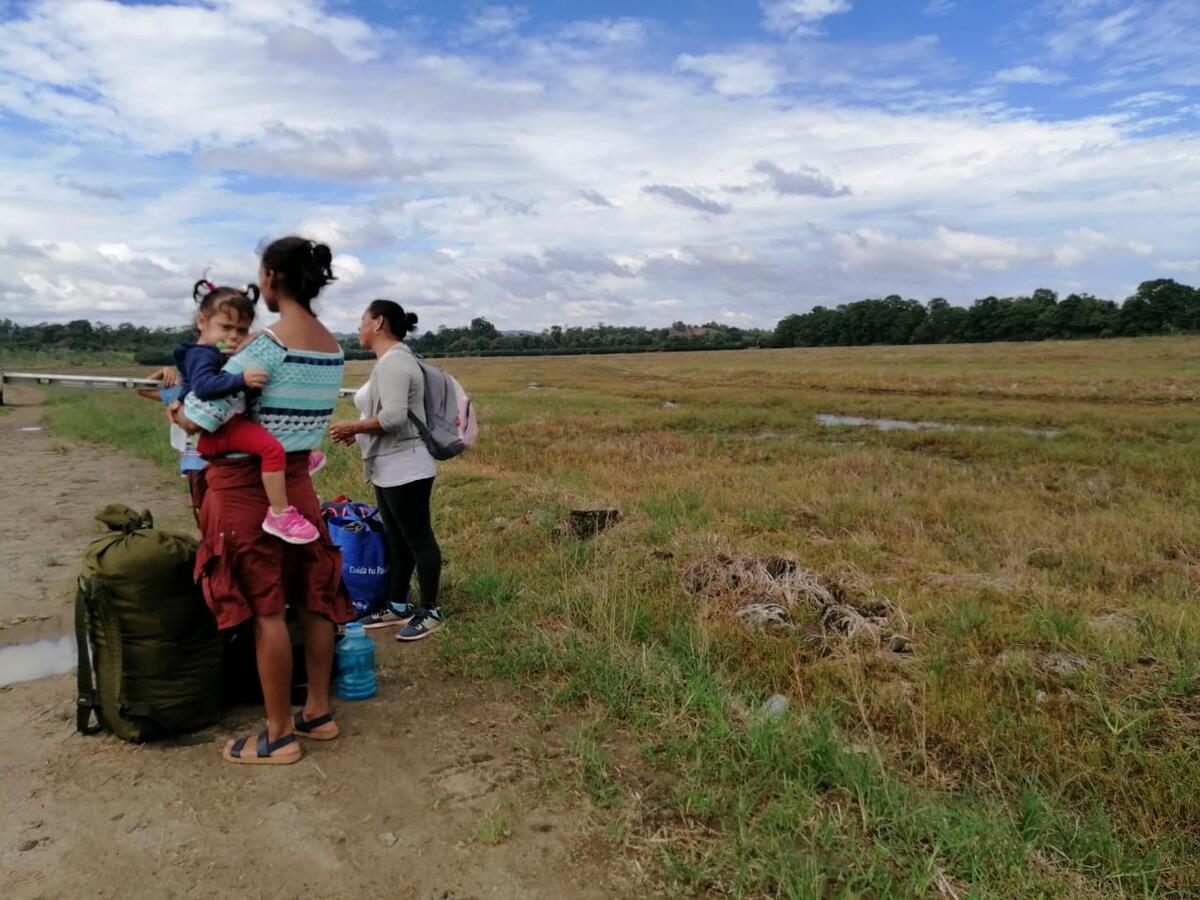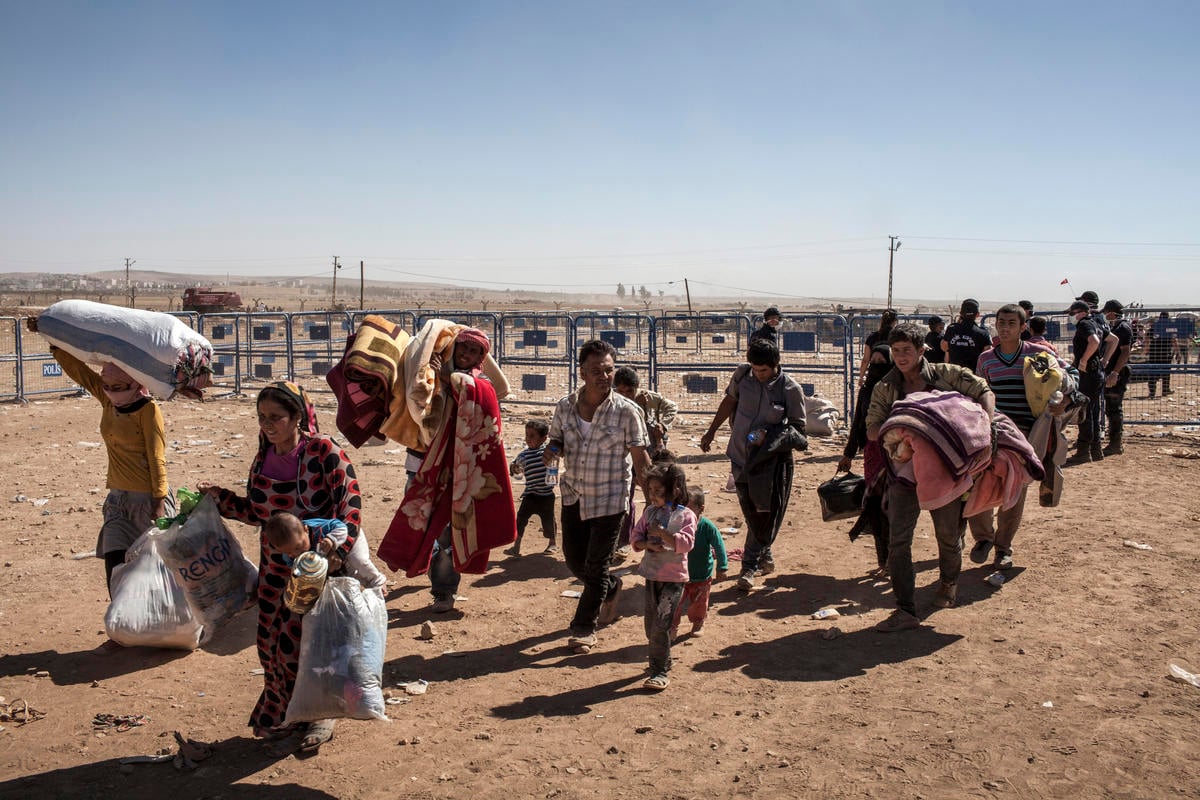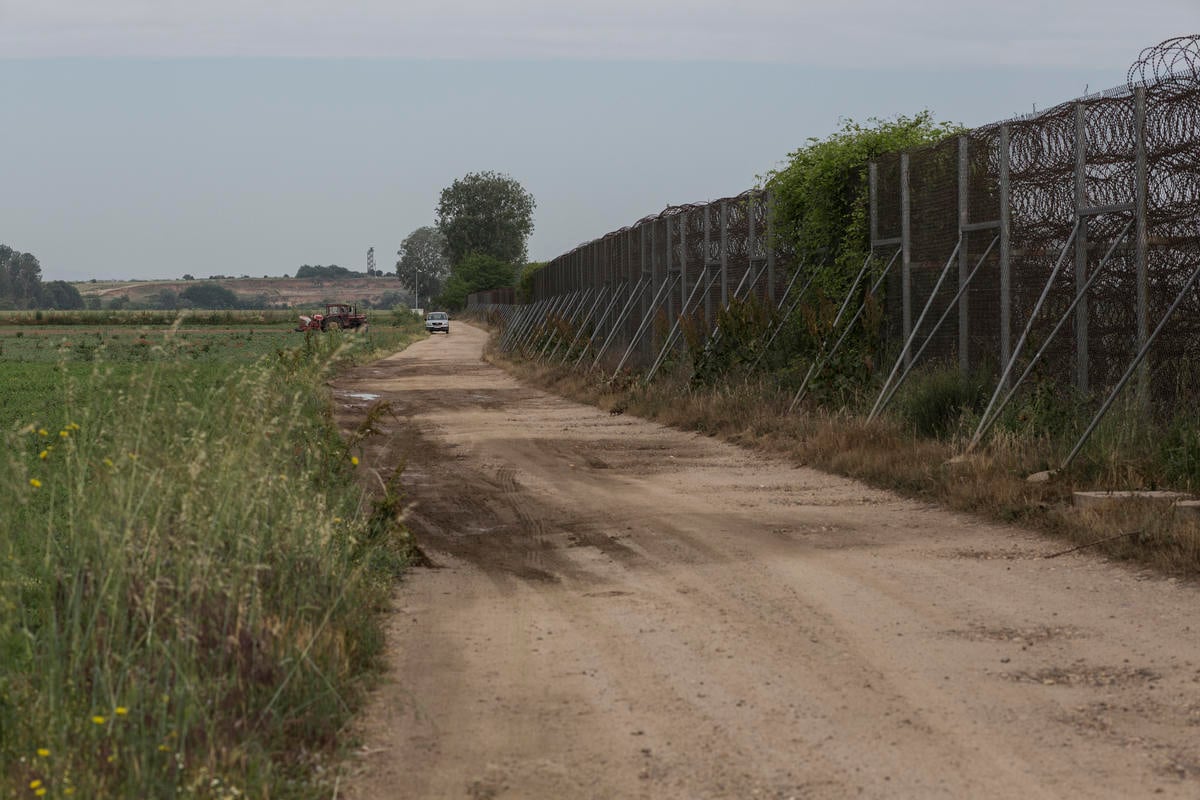UNHCR welcomes relocation of Uzbek asylum seekers from border camp
UNHCR welcomes relocation of Uzbek asylum seekers from border camp

GENEVA, June 6 (UNHCR) - The UN refugee agency on Monday welcomed the Kyrgyz authorities' successful operation to relocate 467 Uzbek asylum seekers away from the makeshift border camp where they had been living since the violent crisis that erupted in the Uzbek town of Andijan on May 13.
The camp at Barash - which was located right on the border between Uzbekistan and Kyrgyzstan - was dismantled early on Saturday and its remaining inhabitants (not counting nine injured people who are currently still in hospital) climbed on to 10 buses which took them to a new camp site at Sasyk, some 18 km east of the town of Jalalabad and well away from the border. UNHCR staff present during the operation said that, after some initial tensions, it proceeded calmly.
"This is a very welcome development," said Ekber Menemencioglu, UNHCR's Director for Central and South-west Asia, North Africa and the Middle East. "Border camps are nearly always highly problematic, insecure and a source of tension between states. The Kyrgyz authorities have been working closely with UNHCR on solving this situation, and we applaud their persistence in the face of varied pressures and a number of setbacks."
The authorities had earlier identified two other sites, which UNHCR had also visited and agreed were suitable. However, in both cases, the local inhabitants strongly opposed the establishment of a new camp in their backyard, and the hunt for a suitable site had to start all over again.
"Fortunately, the inhabitants of Sasyk have been less hostile to the idea," said Menemencioglu. "And we would like to thank them and the authorities for their hospitality."
Menemencioglu said UNHCR would maintain its presence in south-eastern Kyrgyzstan for the time being, in order to help the government with the new camp as well as related issues such as carrying out a refugee status procedure for the asylum seekers.
Hundreds of people fled across the border near the Kyrgyz city of Jalalabad after bloody confrontations in the Uzbek city of Andijan, around 30 km from the border, between security forces and public protesters on May 13. Some also fled at other points along the border after less serious disturbances in other towns.
The Kyrgyz government gave the asylum seekers temporary permission to stay, and - despite frequent rumours to the contrary - repeatedly reassured UNHCR it would continue to observe the ban on refoulement - the forcible return of asylum seekers to the country they are fleeing - that is an essential part of the 1951 Convention on Refugees. Kyrgyzstan was one of the first signatories among the new countries in Central Asia.
Eight people returned voluntarily from the Barash border camp to Uzbekistan after being briefed by UNHCR staff on their rights and the current conditions in Uzbekistan. Another 80 Uzbeks were reportedly returned from further south along the border, during the first week following the crisis in Andijan. However, it remains unclear whether these were would-be refugees, or Uzbeks who had crossed the border for economic reasons. Such economic movements are common across the border, and resumed in some areas quite soon after May 13.
By Rupert Colville








